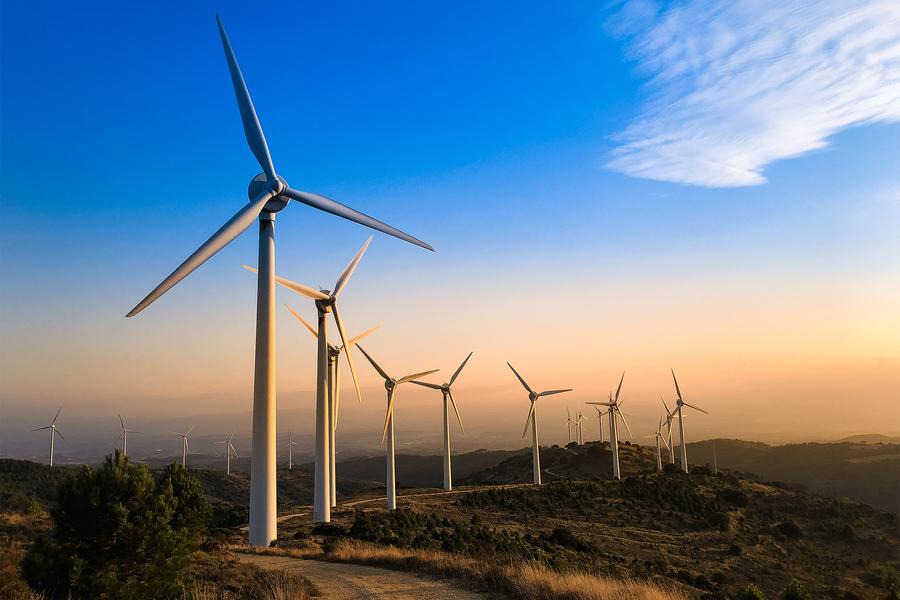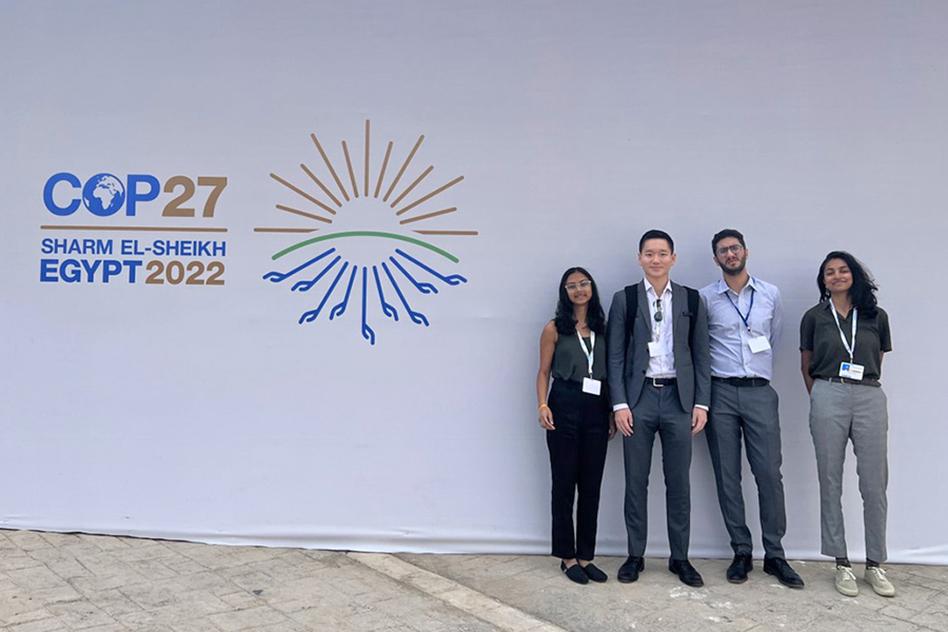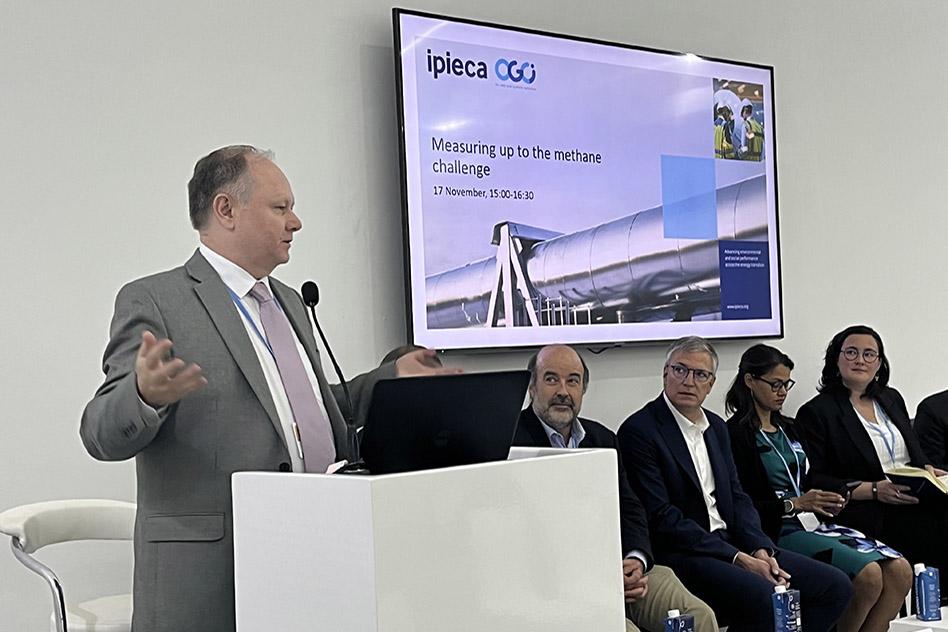News + Media

New research quantifies how much very hot temperatures restrict outdoor activity in China
Extreme temperatures make people less likely to pursue outdoor activities they would otherwise make part of their daily routine, a new study led by MIT researchers has confirmed.
The data-rich study, set in China, shows that when hourly temperatures reach 30 degrees Celsius (86...

MIT Joint Program Deputy Director C. Adam Schlosser served on report's Climate Science Review Panel; Research Scientist Kenneth Strzepek served on its Climate Assessment Consultant Team (Boston Globe)
Climate change is set to take a massive toll on Massachusetts’ public health, ecosystems, infrastructure, and economy before the century’s end, according to a recent state report.
The massive 2022 Climate Change Assessment reviews the latest climate science to predict the ways global...

MIT Joint Program Deputy Director Sergey Paltsev notes need to further reduce emissions associated with EV production and power sources (Men's Journal)
SHOCK TO THE SYSTEM
How Fully (Un)prepared Is America for a Supercharged Electric Vehicle Rollout in the Near Future?by Jesse Will


Health benefits of using wind energy instead of fossil fuels could quadruple if the most polluting power plants are selected for dialing down, new study finds (MIT News) (Coverage: US News & World Report, HealthDay, The HIll, The Verge, Technology Review)
Nearly 10 percent of today’s electricity in the United States comes from wind power. The renewable energy source benefits climate, air quality, and public health by displacing emissions of greenhouse gases and air pollutants that would otherwise be produced by fossil-fuel-based power plants....

Inaugural WORLDING workshops matched world-class climate story teams with relevant labs and researchers across MIT (Open Documentary Lab)
Imagine entering a 3D virtual story world that’s a digital twin of an existing physical space but also doubles as a vessel to dream up speculative climate stories and collective designs. Then, those imagined worlds are translated back into concrete plans for our physical spaces.

Delegates from MIT attended COP27 in Sharm el-Sheikh, Egypt, where international climate negotiations went down to the wire (MIT Office of the Vice President for Research)
As the 2022 United Nations climate change conference, known as COP27, stretched into its final hours on Saturday, Nov. 19, it was uncertain what kind of agreement might emerge from two weeks of intensive international negotiations.
In the end, COP27 produced mixed results: on the one hand...

On November 17 at the 27th UN Climate Change Conference of the Parties (COP27) in Sharm el-Sheikh, Egypt, MIT Joint Program on the Science and Policy of Global Change Deputy Director/MIT Energy Initiative Senior Research Scientist Sergey Paltsev delivered a keynote presentation on the importance...

MIT Energy Initiative deputy director takes stock of the Infrastructure Investment and Jobs Act and the Inflation Reduction Act, and their potential impacts on the energy transition (MIT Energy Initiative)
This month, the 2022 United Nations Climate Change Conference (COP27) takes place in Sharm El Sheikh, Egypt, bringing together governments, experts, journalists, industry, and civil society to discuss climate action to enable countries to collectively sharply limit anthropogenic climate change...

